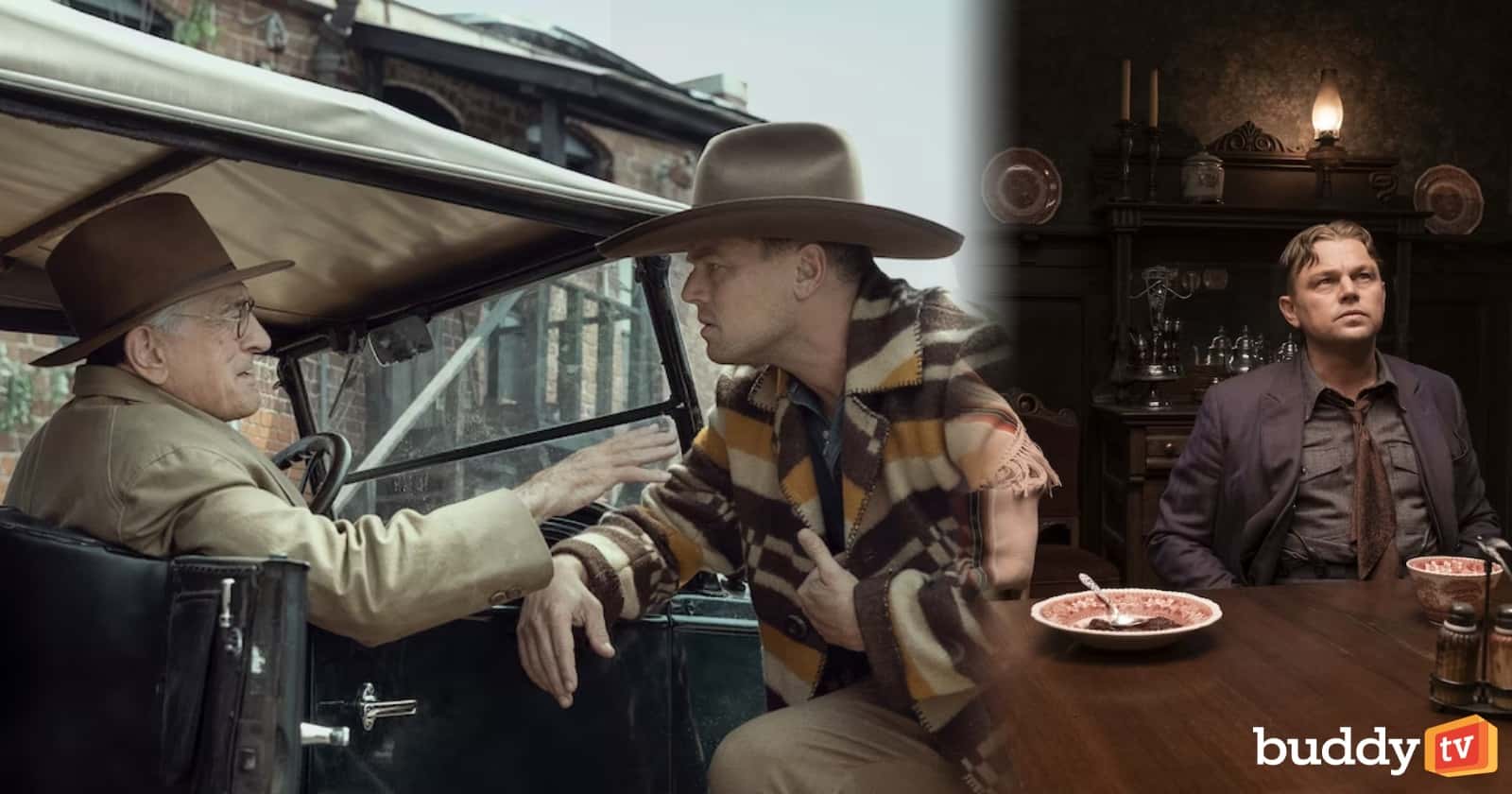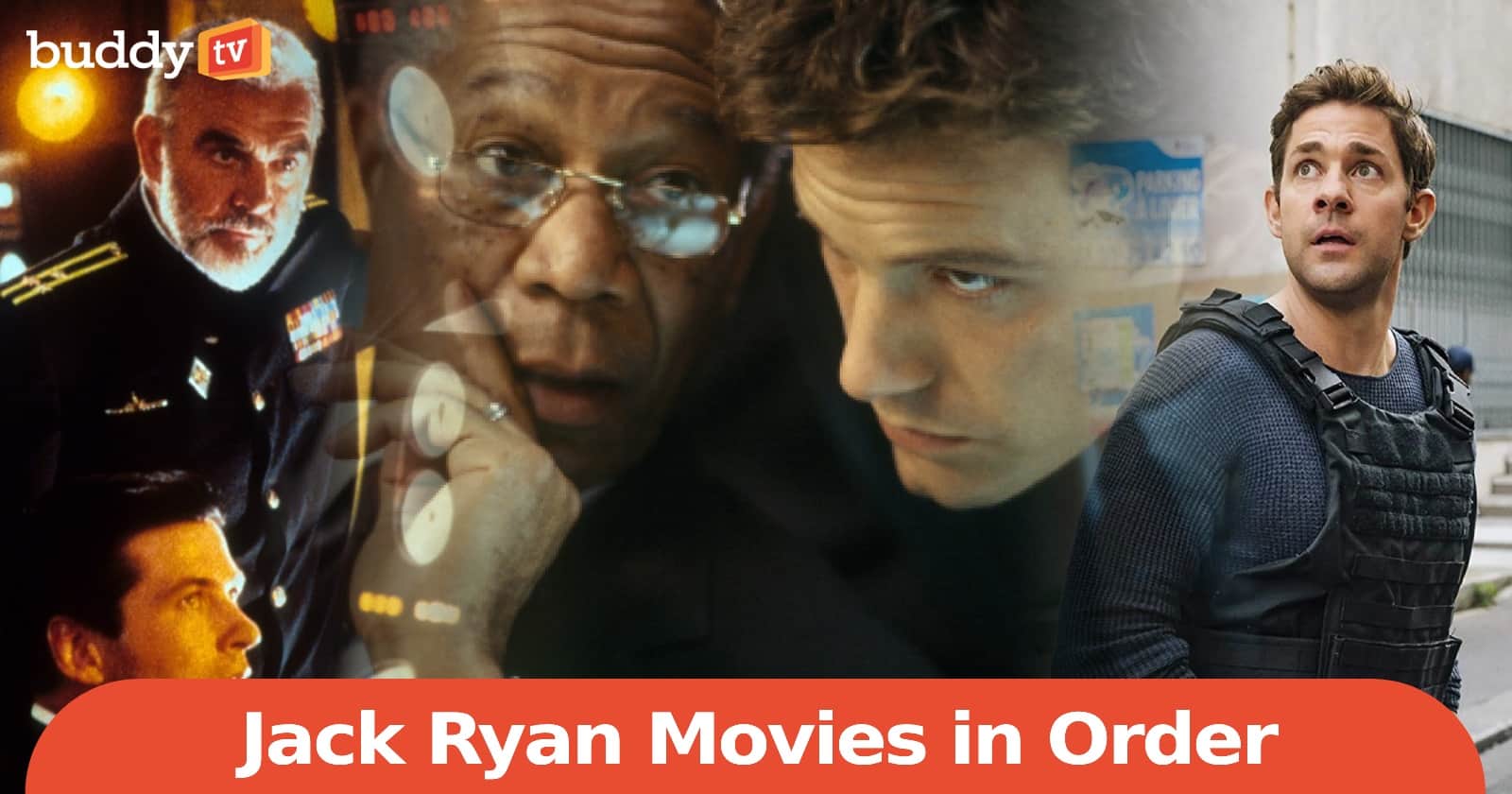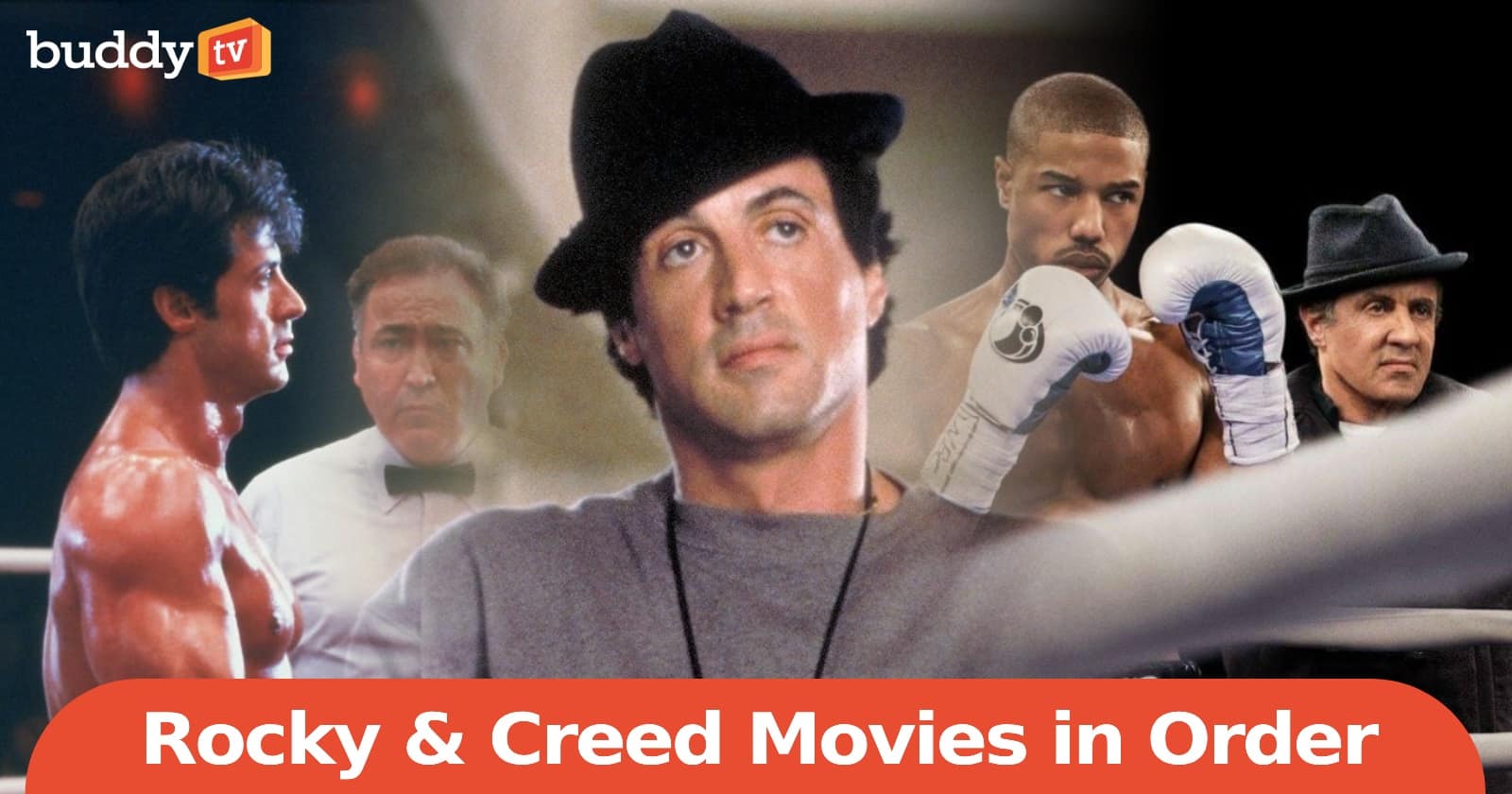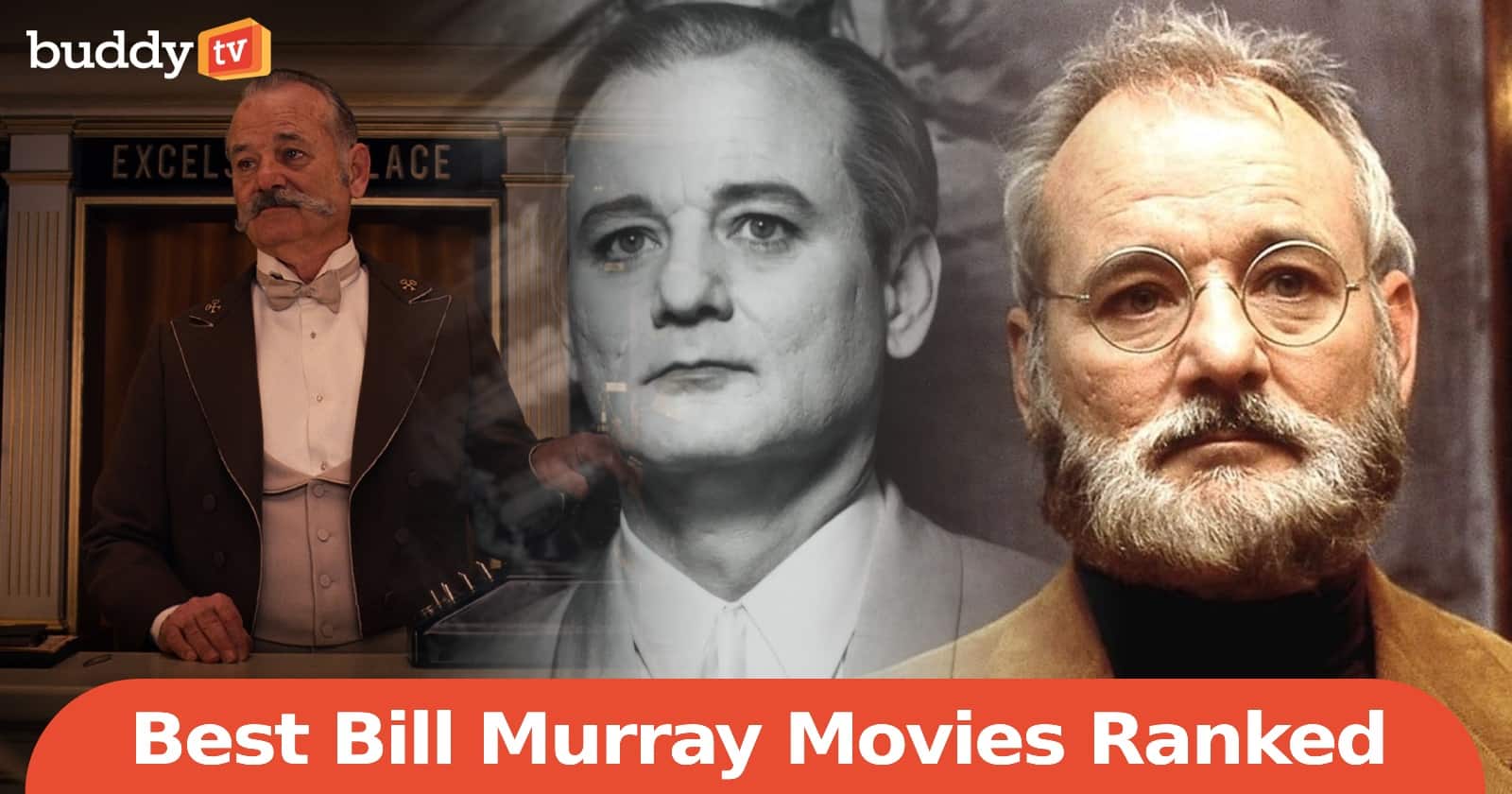“Killers of the Flower Moon,” directed by the legendary Martin Scorsese, serves as a cinematic beacon, illuminating the dark and often neglected chapter of American history involving the Osage Nation in Oklahoma. The film, based on David Grann‘s nonfiction bestseller, not only unravels a chilling tale of greed and racial injustice but also brings to light the contemporary challenges of preserving historical truth.
In the early 1920s, the Osage Nation found themselves in a paradox of prosperity and peril. The discovery of vast oil deposits underneath their lands made them among the wealthiest people per capita in the world. However, this newfound wealth attracted malevolent forces, resulting in the tragic Osage Reign of Terror. White settlers, corrupted by greed, systematically murdered members of the Osage Nation to seize their fortunes. Far from being a protective entity, the U.S. government compounded this injustice by requiring many Osage to have white guardians to manage their wealth, fostering a system ripe for exploitation.
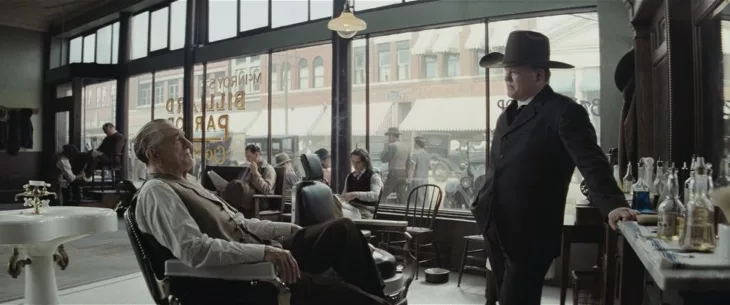
Courtesy of Apple Original Films
“Killers of the Flower Moon” boldly confronts this grim episode of history, challenging the audience to reflect on the insidious nature of racism and greed. Scorsese masterfully translates Grann’s investigative work onto the silver screen, ensuring that the tragedy of the Osage Nation is not forgotten. The film, shot on location in Oklahoma, pays homage to the land and its people, offering an authentic backdrop to this harrowing story.
The film’s ensemble cast, led by Leonardo DiCaprio, Robert DeNiro, and Lily Gladstone, delivers powerful performances that capture the complexity of their characters and the turbulent times they lived in. DiCaprio’s portrayal of Ernest Burkhart reveals a man caught in a web of deception and moral conflict, while DeNiro’s chilling performance as William K. Hale underscores the dehumanizing effects of greed. Gladstone, in her role as Mollie Kyle, provides a poignant reminder of the resilience of the Osage Nation, her grace and strength radiating through the screen.
However, the story of the Osage Reign of Terror is not only confined to the past; it resonates in the present day. As “Killers of the Flower Moon” garners acclaim and introduces this history to a wider audience, there is a simultaneous push in Oklahoma to suppress the teaching of this dark chapter in classrooms. Legislation passed in 2021 has created an atmosphere of fear among educators, leading to self-censorship and the omission of crucial historical truths.
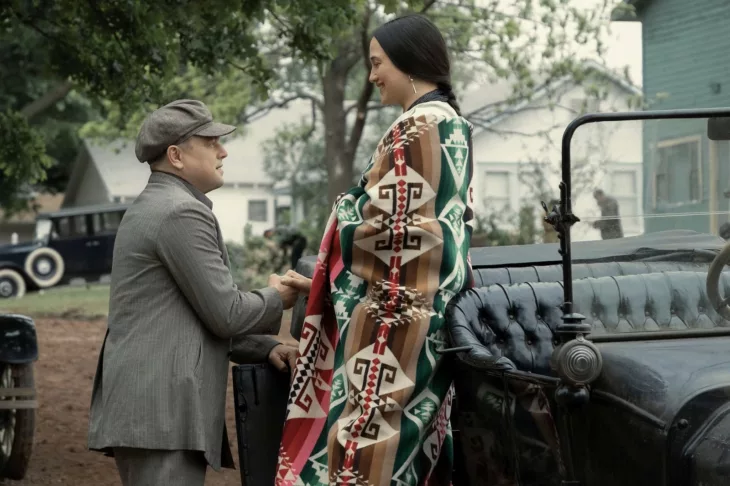
Leonardo DiCaprio and Lily Gladstone in “Killers of the Flower Moon,” Apple TV+. Melinda Sue Gordon/Apple TV+
This suppression is not an isolated incident. Across the United States, there is a growing trend of erasing uncomfortable aspects of history from educational curriculums. This movement threatens not only the Osage Nation’s history but also the collective understanding of America’s past. As the article highlights, it is essential to preserve these stories, no matter how uncomfortable they may be, to ensure that future generations can learn from history and strive for a more just society.
In conclusion, “Killers of the Flower Moon” serves as a poignant reminder of the atrocities committed against the Osage Nation, challenging audiences to confront the realities of racism and greed. At the same time, it underscores the ongoing battle to preserve historical truth in the face of legislative suppression. The film, a tour de force of storytelling and historical reckoning, ensures that the story of the Osage Reign of Terror will not be forgotten and stands as a call to action to safeguard the integrity of historical education.

With a collective experience in film analysis and entertainment journalism, our team, comprised of avid movie buffs, has always been on the frontline of exploring cinematic universes, from the enchanting realms of Disney to the action-packed scenes of the MCU.
Our passion has led us to exclusive interviews with notable figures, early access, and active participation in the industry.
Recognized by the press, we dive deep into various genres, including drama, cartoons, comedy, and foreign films, always eager to bring fresh insights to our readers.
Connect with us or explore our journey to learn more about our adventures in unraveling the magic of the big screen.
